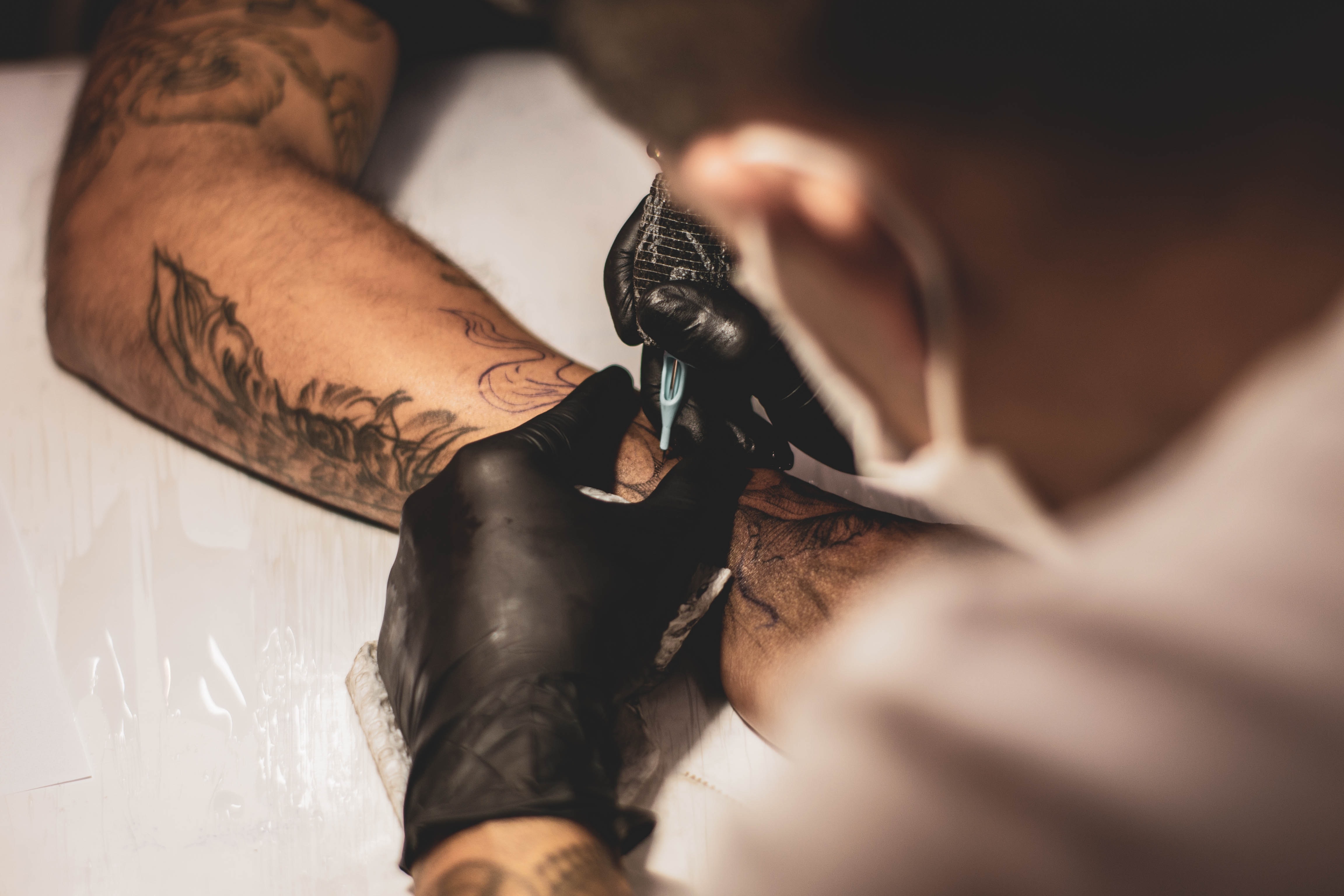As tattoos continue to grow in popularity, it is important for artists to be informed on ways to reduce the risk to their clients and their business.
Tattoos are becoming increasingly popular across America as up to 38% of young adults, over 25 million people, report having at least one. Due to the sensitive nature of the procedure and permanent results, tattooist negligence is still a major concern. Health complications arising from poor hygiene standards or failure to check for allergies has led many of the world’s most high-profile parlors to be faced with lawsuits. Furthermore, cases in which the FDA has recalled numerous inks from entirely separate factories over concerns of microbial contamination highlight just how sensitive the supply chain is.
Negligent practice and artist mistakes
For a tattoo parlor to be liable for negligence, it must be demonstrated that they have failed to uphold the standard of care to their customer required of them. All tattooists must be aware of age restrictions in their state and ID checks are crucial to avoiding lawsuits. Most states have a minimum age of at least 16 while some allow minors to be tattooed with the consent of a parent or guardian if they are present during the procedure. Other checks such as customer medical history and allergies along with proper hygiene guidelines must be carried out to both reduce risk to the customer and artist liability.
Artist mistakes are a relatively common occurrence in the tattoo industry, they are human after all and no one is accurate 100% of the time. For experienced professionals, these mistakes are often too minute for the customer to notice. However, more serious errors do occur and can have permanent consequences for the customer, putting the parlor at risk of a lawsuit. Typos are an especially common cause for this and in cases, parlors have been ordered to pay thousands of dollars in damages.
While these errors can often be fixed using laser removal or cover up work, both of these routes can be costly and in the case of laser removal, leave permanent scarring. Practice makes perfect and for tattoo artists it’s especially important. While tattoos are permanent, there are ways to practice without leaving permanent marks on anyone. Henna, a form of temporary body art rapidly gaining popularity, can give artists the chance to practice their craft on people without any risk. Synthetic skin and certain fruit can also provide an incredibly useful platform upon which to practice.
Health complications

In 2017, a Japanese district court ruled that tattoo artists required a medical license to practice, sending the industry into a year long state of turmoil until the high court overturned the decision. It was a shocking story for artists across the world, worried that western countries would follow suit as health complications surrounding tattoos are still a major concern. Research has shown that between 0.5 and 6% of people with a tattoo have received an infection after the procedure, a worrying statistic considering the severity complications such as sepsis can have. Some of the world’s most high-profile tattoo parlors have faced lawsuits filed against them after customers were left with permanent scarring and skin irritation after the procedure.
Sterility is not the only health concern tied to tattoos however as the body’s response to ink and certain components it contains can be highly unpredictable. In fact, most tattoo-related health complications arise as a result of the body’s reaction. It should be remembered then that it is part of every parlor’s duty of care to their customers to ask about allergies and medical history. Failure to do so will leave them liable should the customer suffer any health complications as a result of the procedure. Up to 6% of tattoo’d New Yorkers surveyed report suffering chronic complications such as rashes, swelling or itching lasting longer than four months and in some cases over a year. At the same time, 10% of those surveyed suffered short term complications.
As tattoos continue to grow in popularity, it is important for artists to be informed on ways to reduce the risk to their clients and their business. Negligence can have life-changing implications and as the industry grows, the number of cases will too if proper steps are not taken. With this in mind, practice, ID checks and hygiene standards are the most effective ways to protect both clients and businesses.


Join the conversation!